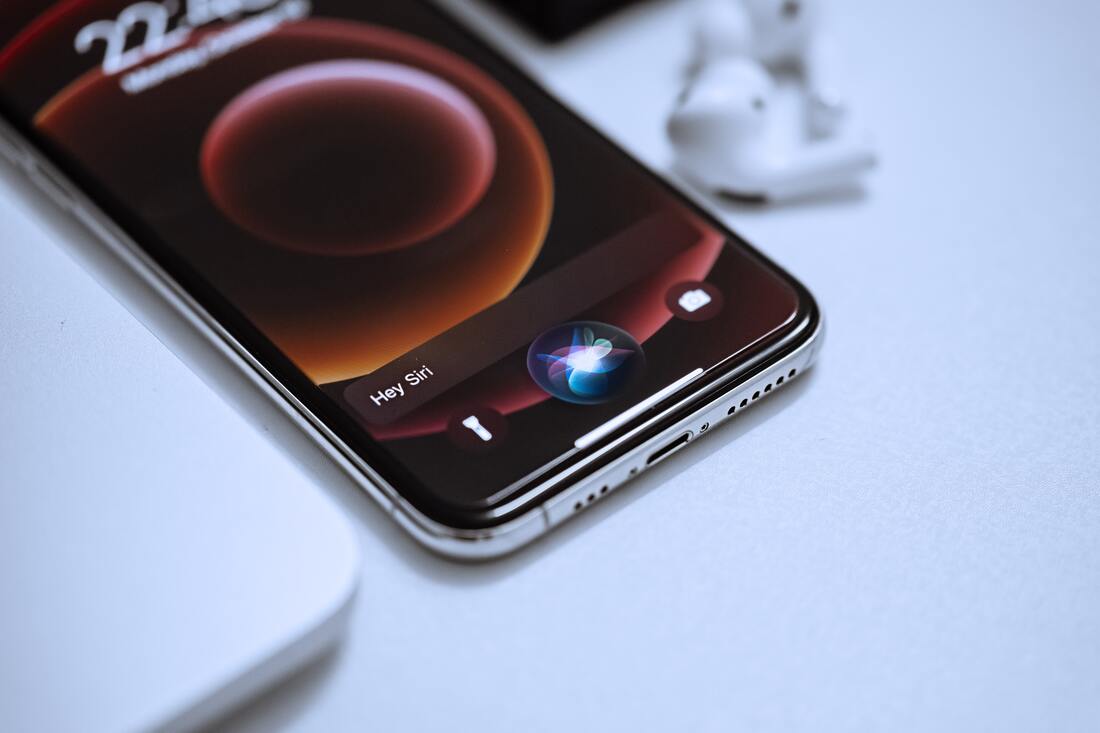|
Apple may not have announced an iPhone 5 today, but it seems hardly to matter. The company's new Siri "intelligent assistant" melds computing into everyday life in a remarkably novel -- and useful -- way. A dozen years ago, we in the PDA business (in a former life, I led the smartphone program at Britain's Psion PLC) heard consumers ask for voice activated organizers, but we never imagined something so far-reaching, intuitive, and...fun. This looks like another mega-hit for Apple.
Yet while we pop the champagne and queue to use the service, pause to think a moment about Apple's strategy. The company has minted money through marrying device and interface in a way that stand-alone hardware and software companies never did. The Mac, iPod, and iPhone all succeeded through integrating radical hardware and software innovations to stand out from crowded markets. With today's announcement, we are seeing a shift. The hardware unveiled in the iPhone 4S is more advanced than in the previous generation, to be sure, but it is hardly exciting. Apple now seems to be betting on the software to drive the sales. With Siri, iCloud, and innumerable less prominent systems, the company is ingraining its systems into users' lives in an unprecedented way. If Apple transforms into being largely a software company, what are the potential implications? 1. New Revenue Streams -- Siri could be the ultimate "freemium" play. Once a person is using the system regularly for appointments and contacts, it would be so tempting to use it look up restaurants, get traffic reports, and take care of life's impromptu essentials. How much is that worth? What about all the hyper-targeted advertising this makes possible? Apple would understand an individual like no other company -- not even Google -- and it could match ads to very specific occasions. Existing Internet players target pieces of the puzzle, but Apple would have unparalleled power due to both its data analytics and its ownership of the voice interface. 2. Commoditize the Hardware -- As Google's Android has shown, first-class software can attract hordes of device makers eager to bring the platform to the masses. Apple today may make two-third of the profits in the mobile handset industry, but Android has become a very credible challenger to the iPhone's market share. So Apple faces a choice -- does it continue to make its money predominantly from selling an expensive device to a relatively small segment of the market (the iPhone's global market share of handsets is about 5%), or does it let others make cheaper devices and enable access to its services from any suitably powerful phone? Even people who may shy from a pricey iPhone might be tempted to try an Apple service, and then pay to try it some more, and gradually become enmeshed in Apple's world. 3. Global Relevance -- If Apple does make its services available to all comers, it will be a much more important player in emerging markets. The iPhone 4 and 3GS live on, and they may make more of a dent in developing countries through price discounting. But what would really make Apple's market share explode would be to make Siri, iCloud, and other offerings easily available on any handset. To the extent that some of these services benefit from network effects (one might imagine Siri finding a mutually convenient meeting time, for instance), ubiquity would super-charge Apple's already powerful proposition. Ultimately, Apple faces a business model choice. It can continue to try to build handsets so amazing that they lead us to buy devices we didn't think we needed. As the lack of an iPhone 5 announcement today showed, that is no small feat. Or, Apple can use its incredibly sticky services to bring new users into its franchise, gradually leading them to pay more money for software than they ever dreamed possible. The transition would not happen overnight -- imagine the annoyance of people who just waited in line for 2 days to get the latest handset -- but an eventual shift would open huge new markets for the company, making today's colossus seem positively small. Comments are closed.
|



10/10/2011